★★★ | Yegshe-meh
It’s been 14 years since Sacha Baron Cohen’s vulgar and ingenious fake reporter, Borat, conquered America. At the time, it was considered in poor taste, with the showstopping wrestling match between two naked men in a hotel lobby cited as an example of how low the bar drops. Today, it’s almost funny how quaint and broad the satire hits, barely making a dent in the problem it’s attacking.
BORAT SUBSEQUENT MOVIEFILM is better, more coherent, and surprisingly plot-driven than its predecessor. It’s still somewhat disjointed, and some gags feel contrived, but BORAT 2 finally goes where Cohen wanted to go the first time.
After BORAT’s success, the “third-best reporter in Kazakhstan” returns home to discover his country a laughingstock because of him. Furious, the ministry condemns him to public humiliation (involving weights and his testicles) and a labor camp for his transgressions. Fourteen years later, America is changed because of Donald Trump, and Borat is brought back to make peace.
How said attempt takes place, and what it includes, is too funny to spoil. The less you know, the better. But suffice to say, nothing goes as planned, and Borat finds himself lost in America with his unexpected daughter, Tutar. Who, at 15, is the oldest spinster in all of Kazakhstan. Together, they set off to bring back glory to their home and hopefully find Tutar a man at the same time.
The father-daughter narrative drives most of the film and turns out to be an unexpectedly engaging and endearing story. Thanks to the winning charisma of Maria Bakalova, Cohen has a partner that is equally hysterical in every way. Bakalova is a significant discovery: a bravura comedian, both fearless and brilliant. Her performance balances between a simpleton and genius, and the way Bakalova switches gears is a joy to behold.
As a point of interest: even Bakalova’s existence is under scrutiny at the moment. So total is Cohen’s Andy Kaufmanesque performance that even reality feels unhinged.
One of the film’s seminal moments comes when Bakalova, disguised as an alt-right conspiracy media figure, books an interview with human dumpster fire, Rudy Guilliani, and his wandering hands. As the interview progresses, the increasingly intoxicated Guilliani goes with anything Bakalova suggests, even taking drinks in the bedroom. Eventually, he fumbles his hands into his pants, apparently tucking his shirt in, though they linger there for whatever reason too long for comfort. For any other politician, this moment would be a political disaster, signaling the end. For Guilliani, it’s Tuesday. But the significant moment is not the personal crotch-grabbing; it’s everything around it.
Watch how Bakalova steers the conversation beautifully in the way Guilliani’s ego demands. The overt touching, the born sexy yesterday act, and the extreme lies she extracts from him by batting her eyes. “China manufactured this virus and let it out,” Guilliani says without hesitation. He’s too busy getting liquored up and soaking praise from a woman a quarter his age.
In a way, it’s a shame that this scene ends the way it does, with Cohen barging in demanding his fictional daughter is “too young” for Guilliani. But it’s an issue that extends to everything else in the film as well. We already know that the former mayor of New York is a corrupt mess of a person and a significant risk in their current place of power. We know that the people supporting QAnon conspiracies are mentally unwell, as well as dangerous. But Cohen doesn’t push past these self-evident realizations, letting all of his targets off the hook too quickly.
Guilliani, for example, hightails it out of the hotel room within seconds, leaving the moment more of a prank, which the film seems to forget quickly. The same goes for the shorter interviews with unsuspecting locals, one who promises that his gas canisters could “do away” with a group of gypsies better than the competitors. As ever, Cohen and Bakalova are fantastic in wringing inherent racism and bigotry out of these people, but it’s starting to feel that they’re now digging the bottom of the barrel. No major figures will talk to them anymore, and attacking Macon boondocks’ uneducated yokels feels too easy.
Even the advertised moment, where Cohen, disguised as Trump, appears at a Republican National Convention to present Mike Pense with Tutar as a child bride, is more for easy laughs than anything else. Everything from the scene is already in the trailer, and it doesn’t do much for the bigger picture. A far more exciting stunt is right before, when Cohen wanders into the conference lobby in full KKK regalia, and nobody stops him.
Another piece of delicious irony comes when Cohen gets a pair of QAnon locals to explain how his beliefs are conspiracy theories, not the trustworthy stuff they believe. But even that set piece feels artificial, despite Cohen maintaining that he lived with the duo in character for five straight days.
A lot of this skepticism has to do with the way we treat media today. Everyone, everywhere, at every single point of the day, is sharing something online. Video uploads occur at such a rate that we’re about to run out of internet space. Fourteen years ago, there was still some ambivalence towards reality television; now, we have entire channels dedicated to it. There’s a level of performance that everyone adopts when placed in front of a camera, and it feels more evident in BORAT 2 than ever before. It’s easy to go along with the film because it’s hysterically funny and painfully awkward, but more than ever, there’s a nagging feeling that most of this feels staged.
But is it funny? Yes, without question. Cohen is a smart and compassionate comedian, which makes all the difference. Even at its most smug, there’s rarely a feeling Cohen is punching down, and his self-awareness of how the worst parts of the fandom have co-opted his character plays heavily in the sequel. Gone are the catchphrases and overtly racist caricatures, save for one supremely offensive moment that turns quite touching in the end. Instead, Cohen lets Bakalova take center stage, passing the torch to a voice entirely different from his own.
And precisely because of these strengths, BORAT SUBSEQUENT MOVIEFILM is better, and at the same time, lesser than its predecessor. It’s a stronger film, with a clearer and louder message than before, but also a victim of its own success. In doing the same act once again, the film has to tiptoe a very fine line, one that doesn’t allow it the freedom to say as much as it probably should.
But boy, is it funny. Maybe, for now, that’s enough.



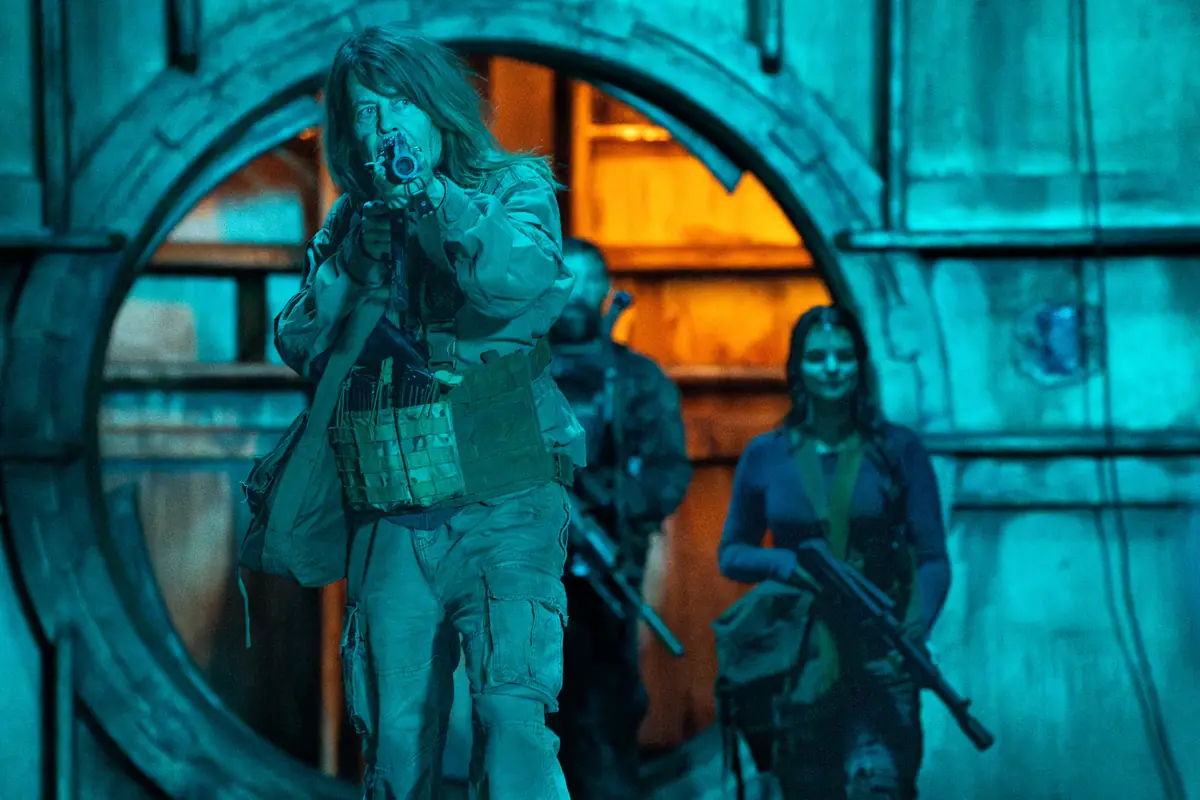

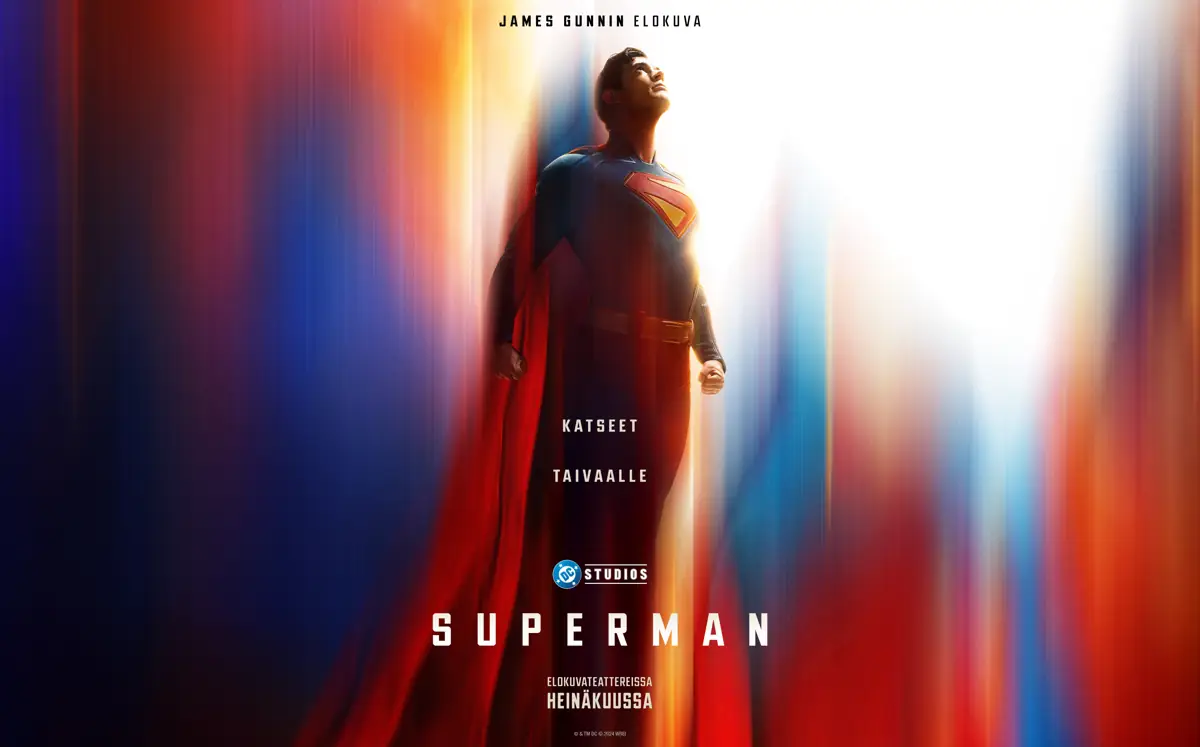

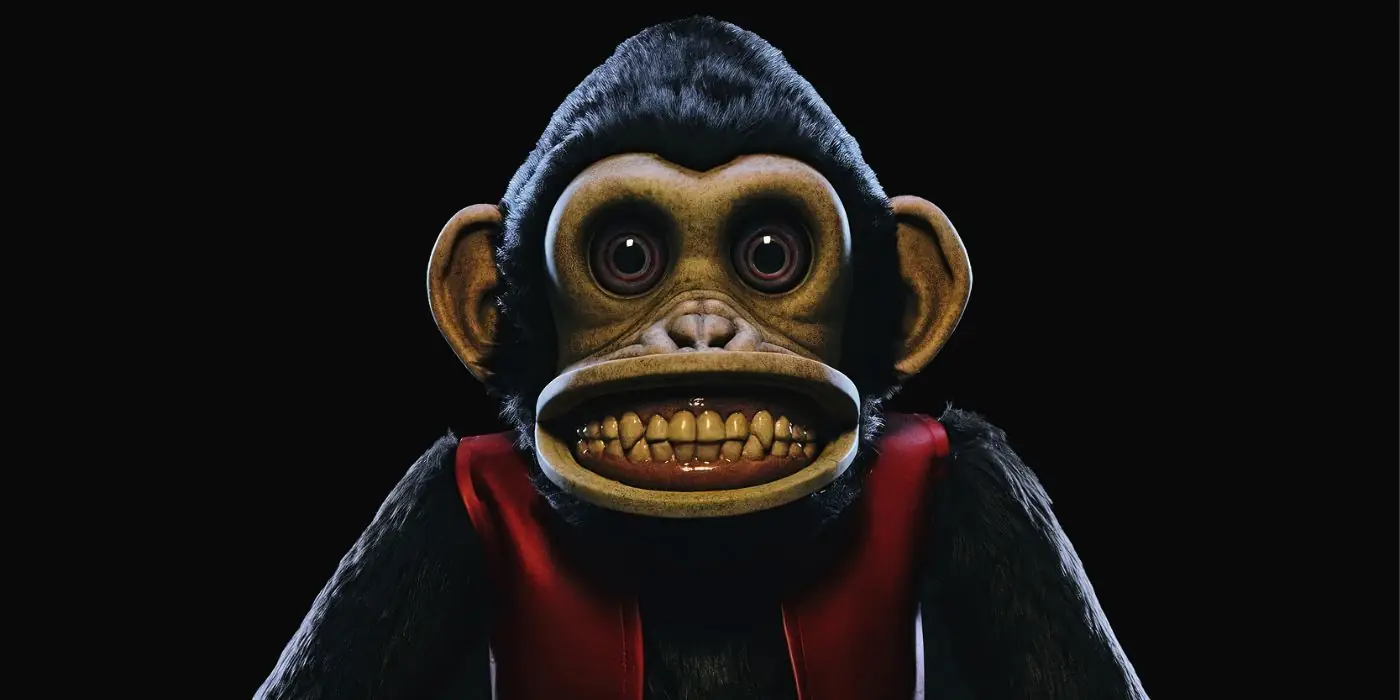
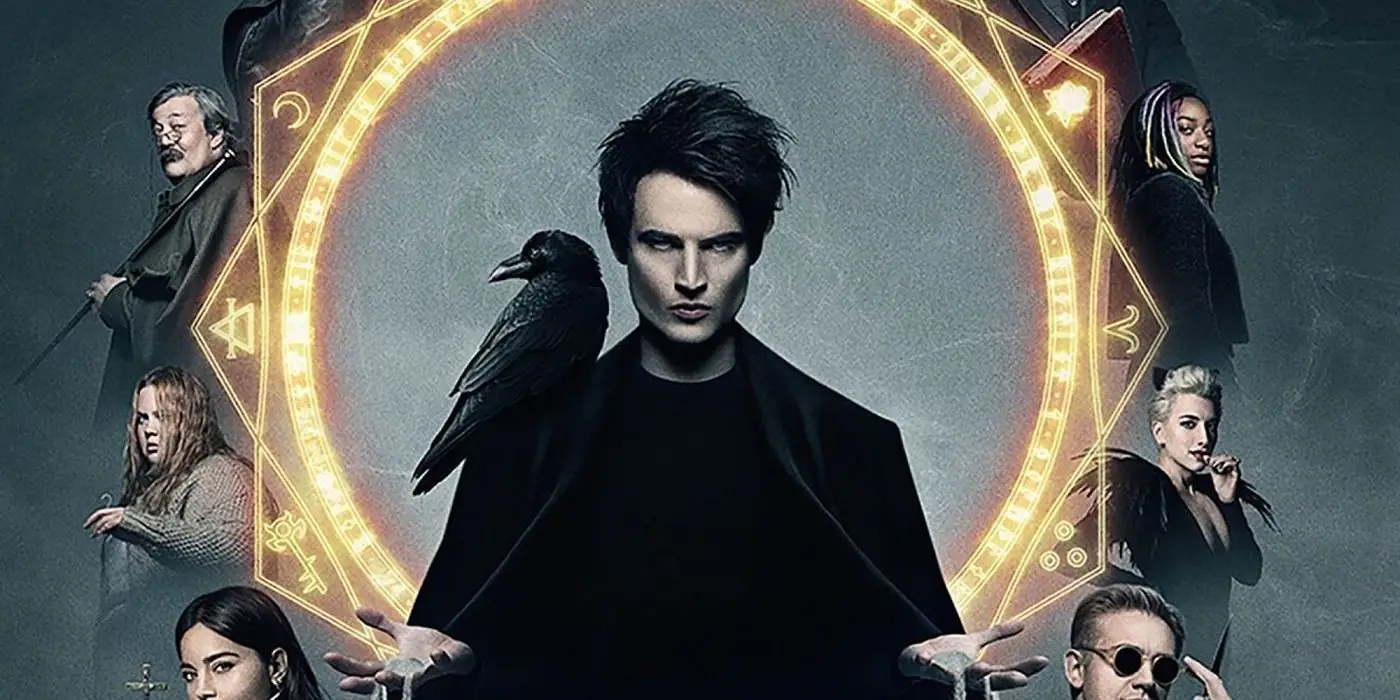
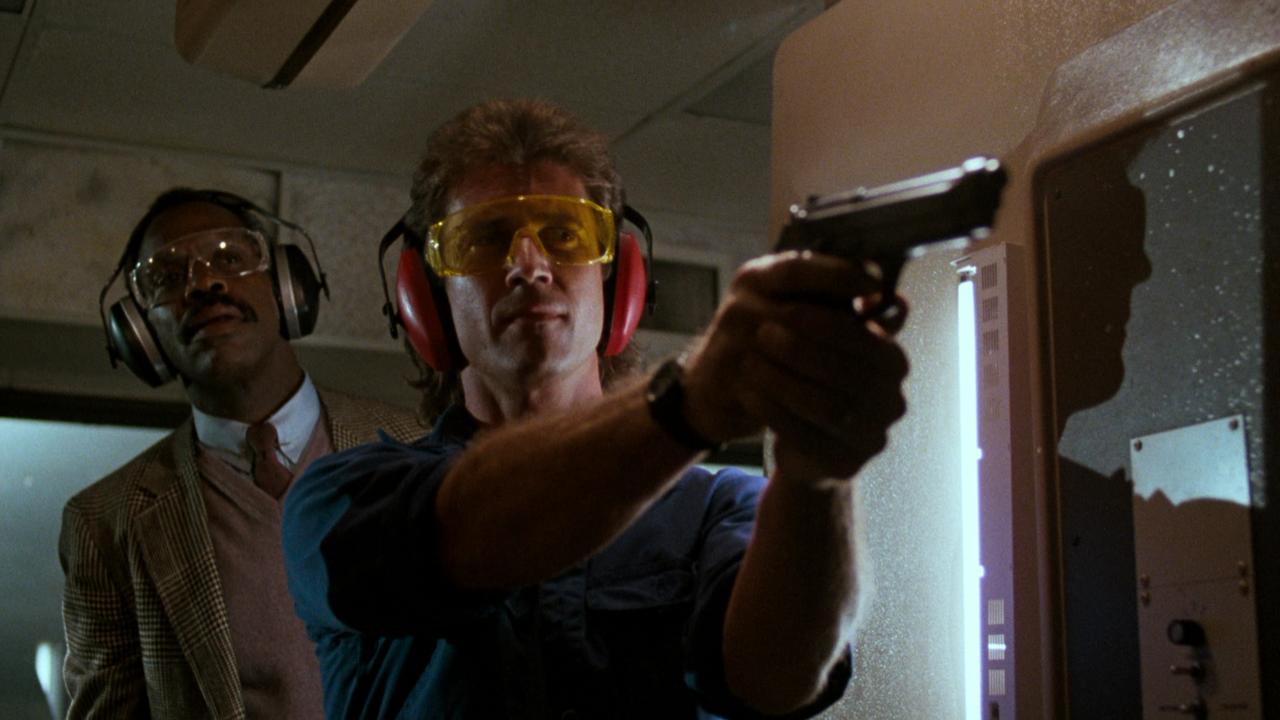



Discussion